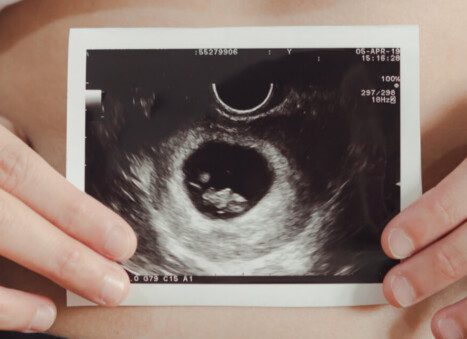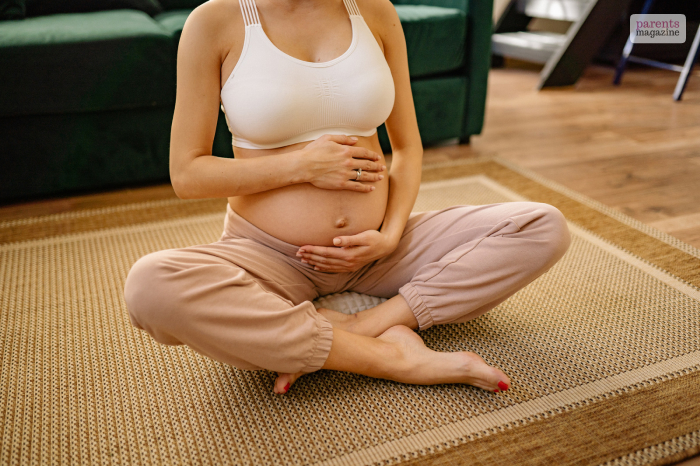
Why is My Belly so Big at 6 Weeks Pregnant? Is It Normal
Why is my belly so big at 6 weeks pregnant?
If you are surprised by early pregnancy bloating and think it’s the belly bump, get over it.
It’s not the belly bump, and it’ll take your body almost six more weeks for the belly bump to become visible. Initially, you might be facing bloating or gas, which are common pregnancy symptoms.
It’s completely normal for your body to face such changes during the early phase of pregnancy. However, even if they are not signs of pregnancy, bloating can still cause discomfort. This article explored the difference between bloating and belly bumps affecting your body during pregnancy. So, let’s find out what’s affecting your body.
What’s Happening in Early Pregnancy?
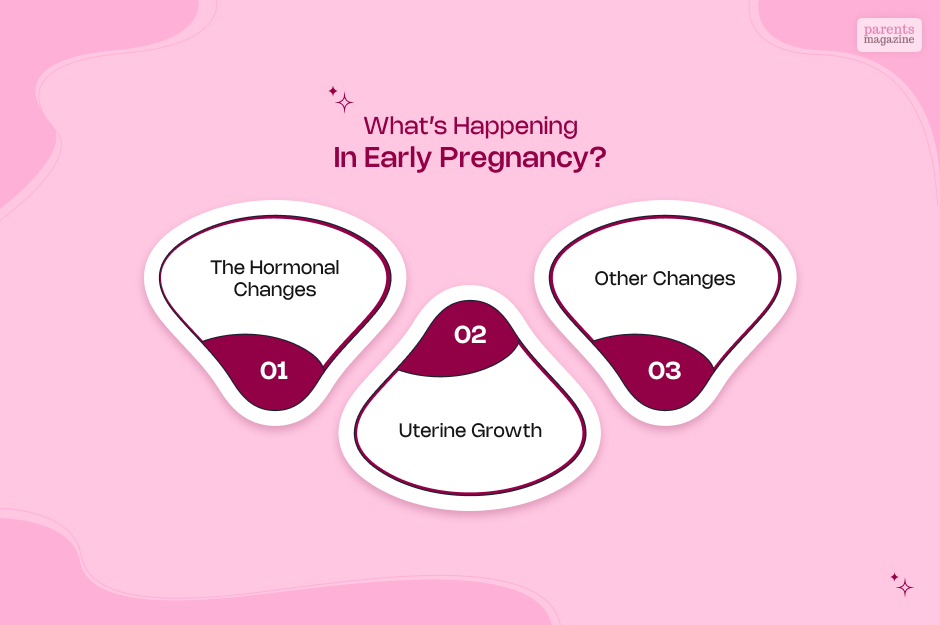
Several physical and emotional changes characterize early pregnancy. The major physical changes include shifts in hormonal levels, uterine growth, breast changes, morning sickness, fatigue, missed periods, etc.
The Hormonal Changes
During pregnancy, your body produces more estrogen than you have in your entire life. This change in hormonal levels causes mood swings, breast tenderness, nausea, and more.
Uterine Growth
Another physical change during pregnancy includes an increased level of urination. The uterus expands in size since you are growing a lifeform inside. This causes your bladder to expand, and you urinate more often.
Other Changes
Your digestive system also gets hampered during your pregnancy. While the baby bump does make your belly look bigger in size, abdominal blotting can add to the size, making your belly look bigger than it normally is.
Morning sickness, digestive issues, heartburn, and constipation are common issues related to pregnancy. When the hormonal level is at turbulence during pregnancy, it’s common for the human body to increase its fluid retention capabilities, causing abdominal bloating. When you have abdominal bloating, it’s common for your stomach to look bloated.
Common Reasons for Early Pregnancy Bloating

Bloating! If we address the elephant in the room while not focusing too much on the baby bump, bloating might be the reason. It’s probably what’s causing your belly to get bigger during pregnancy.
If you are wondering, “why my belly is getting big at 6 weeks pregnant?” then the answer might be bloating. But what’s causing your stomach to bloat? Here’s the answer: gas enters your digestive tract when you are eating food, and you swallow it with food. You can feel its presence when large bacteria start to break down the undigested carbohydrate.
However, it’s also common for some people to get gas after eating food they are intolerant against. Some of us are lactose intolerant, and we might get a bloated tummy filled with gas after eating milk-related food.
Conditions like lactose intolerance happen when your body doesn’t make enough lactase to break down the sugar present in the dairy product. So, pregnant women who are in the earliest phase of their pregnancy can get a bloated stomach because of lactose intolerance.
Also, we have already explained that pregnancy causes intestinal muscles to relax, making digestion slower. It’s not uncommon for a body with digestive issues to get an enlarged belly even on top of pregnancy.
Here are some foods that can cause bloating during pregnancy –
- Beans
- Vegetables
- Whole grains
- Starches
- Dairy products
- A friend and high-fat food
Soda
- Artificial sweetness
Differentiating Bloating from Baby Bump
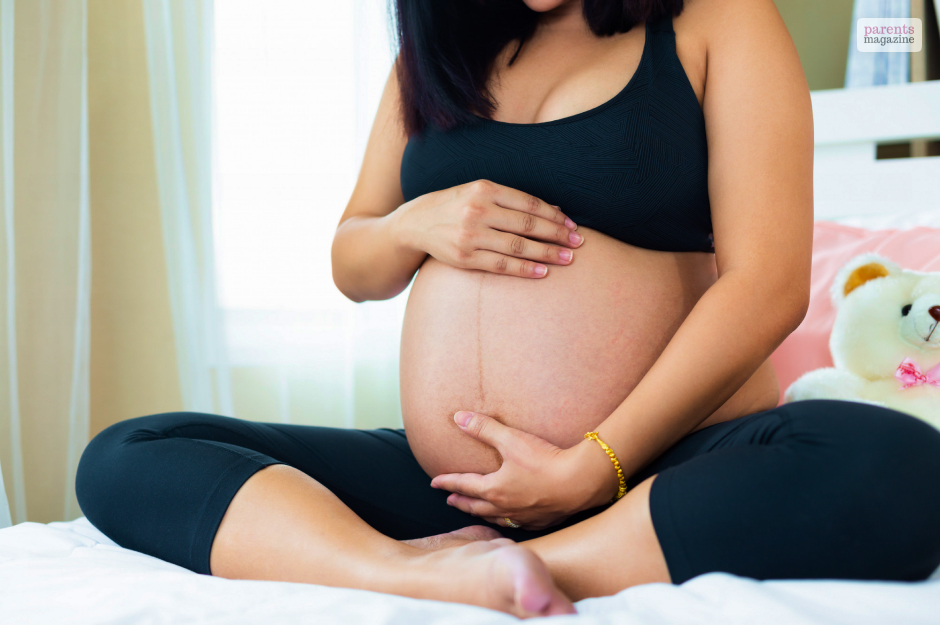
If you are wondering why my belly is so big at 6 weeks pregnant? Then there can be two reasons that might be causing it.
- Baby bump.
- Bloating.
Baby Bump
First, let’s look at the baby’s development at the age of 6 weeks. This is the period when the baby’s body has already started to work on several physical developments. It includes the baby’s blood circulation with a sophisticated blood circulation tactic.
The neural tube, which is responsible for forming your baby’s early brain and spine, closes at this point. Also, their heart is developing with four parts, ready to beat this week. During the 6th week of pregnancy, your baby also develops facial features.
At this age, your baby is the size of a sweet pea. Around the 6th week of pregnancy, the baby is of .25 inches in size. It’s growing at a rapid rate and will double its size in the next week.
Bloating
The main reason for bloating during pregnancy is that your body retains fluid due to hormonal changes. So, why does it happen to your body anyway?
Well, this can happen due to eating too much at once. It can overload the digestive system. The best way to relieve bloating is by starting with smaller meals. Start with drinking more water and having more fiber-rich food.
This will not only help you improve your eating habits but also help you stay healthy and look fabulous during your pregnancy. You will also benefit from the habit of cutting down on food that can cause bloating.
But do you get a baby bump in the 6th week of your pregnancy? No, not really. A baby bump takes around 12 to 14 weeks to appear when you are pregnant. An early pregnancy belly expansion happens due to bloating.
How to Manage Early Pregnancy Bloating?
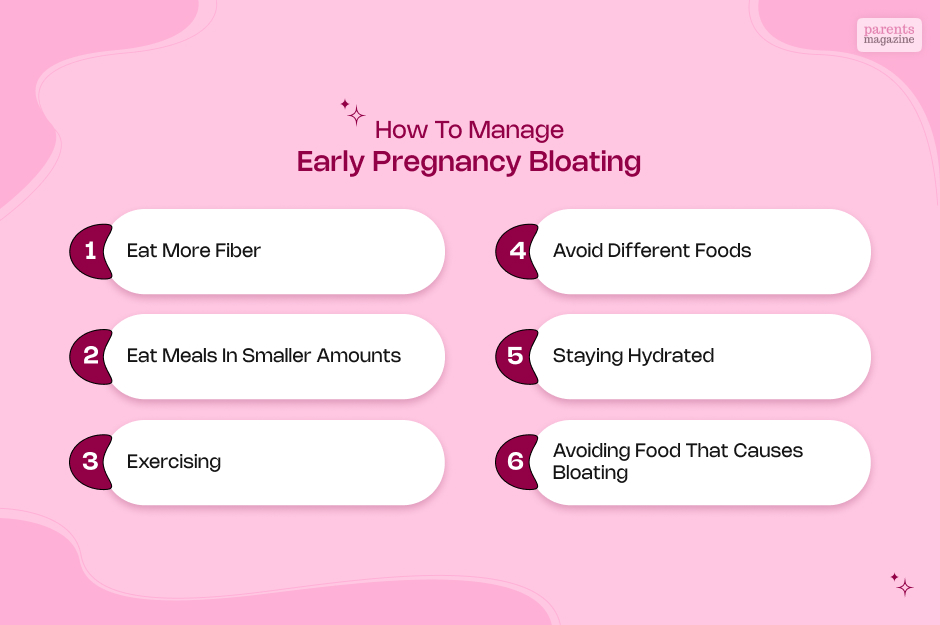
Why is my belly so big at 6 weeks pregnant? It seems like it’s not the belly bump you were thinking of for being the reason. Typically, it’s the gas that makes the bloating seem worse during this phase of pregnancy. Here are different tips to help you improve your digestion during pregnancy –
Eat More Fiber
The best way to deal with this is by eating healthy food. First, start by making your daily diet rich in fiber. Eat more fruit and vegetables. It should include vegetables, whole grains, beans, etc. You can start by eating asparagus, which has gut-healthy bacteria called inulin.
Eat Meals in Smaller Amounts
Of course, you’ll be hungry during pregnancy. But, instead of eating a full course of huge amounts of food at a time, eat throughout the day. It will help you improve your digestion and reduce the chance of having gas or bloating.
Exercising
Exercising during pregnancy is also a great way to reduce the chances of indigestion. You can consult with your doctor regarding the exercises you can do during pregnancy and keep your gut and physical health improved.
Avoid Different Foods
Avoid food that can cause gas. You must avoid food that causes gas. Beans, prunes, peaches, apples, onions, and carbonated drinks can cause bloating and gas. So, it’s best to avoid such food when you are concerned about bloating.
Staying Hydrated
Did you ever get the advice to drink a minimum of eight glasses of water a day? That’s a pretty easy number to remember and a reasonable drinking goal for your daily fluid intake. Most healthy people drink whenever they feel thirsty. But some of us may still have to resort to an 8-glass-per-day drinking habit.
Avoiding Food That Causes Bloating
You can start to avoid bloating during pregnancy by eating the healthy food you must eat. But what about avoiding food that causes bloating? Beans, whole grain foods, broccoli, brussels sprouts, and lentils are among the foods that cause bloating during pregnancy.
When to Talk to Your Doctor?
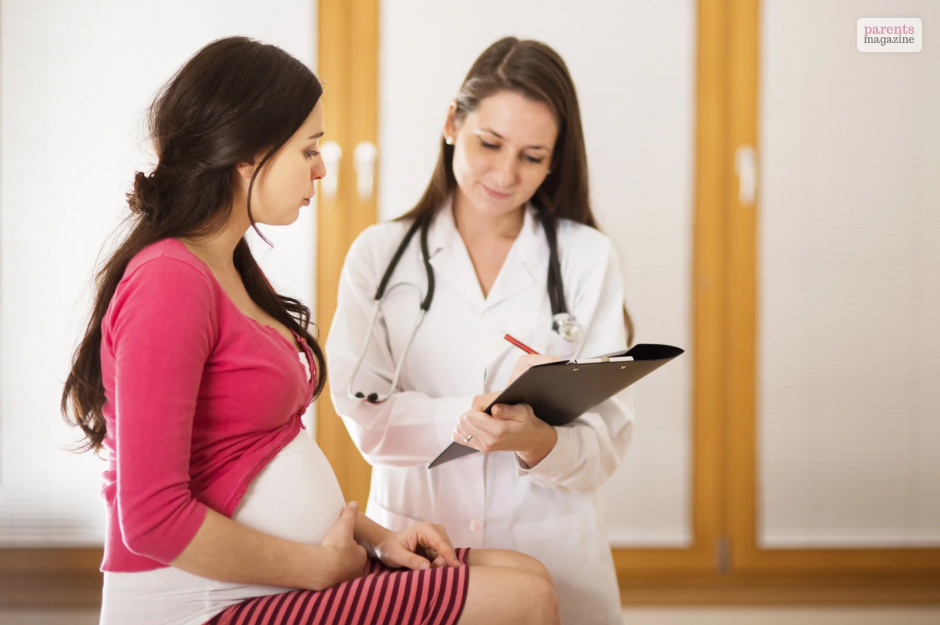
In most cases, it’s the gas or bloating that’s causing your belly to look larger during pregnancy. However, in some cases, you may have to visit the doctor. Here are some symptoms that may require medical attention during pregnancy –
- Pain persists for longer than a week.
- The bloating accompanies pain.
- Other symptoms like illness, vomiting, fever, and bleeding may accompany.
- The pain and bloating might affect your daily life as well.
- It can cause swelling or a lump in the tummy.
If you are facing any of these symptoms along with bloating in your pregnant belly, it’s best to get help from your healthcare provider.
Conclusion
So, it’s clear now that early pregnancy bloating is completely normal during 6 weeks of pregnancy. But it’s not the belly bump that makes your tummy look big in the 6th week of pregnancy. If you were wondering whether pregnancy was causing your belly to grow bigger, then the answer is no.
It can very well be gas and bloating. However, if you are still feeling confused, it’s better to have a discussion with your healthcare provider about this situation. Hopefully, you have found the answer to this question. Thank you for reading.
You May Also Like To Read:
Already have an account?
Sign In
Create your account
User added successfully. Log in









